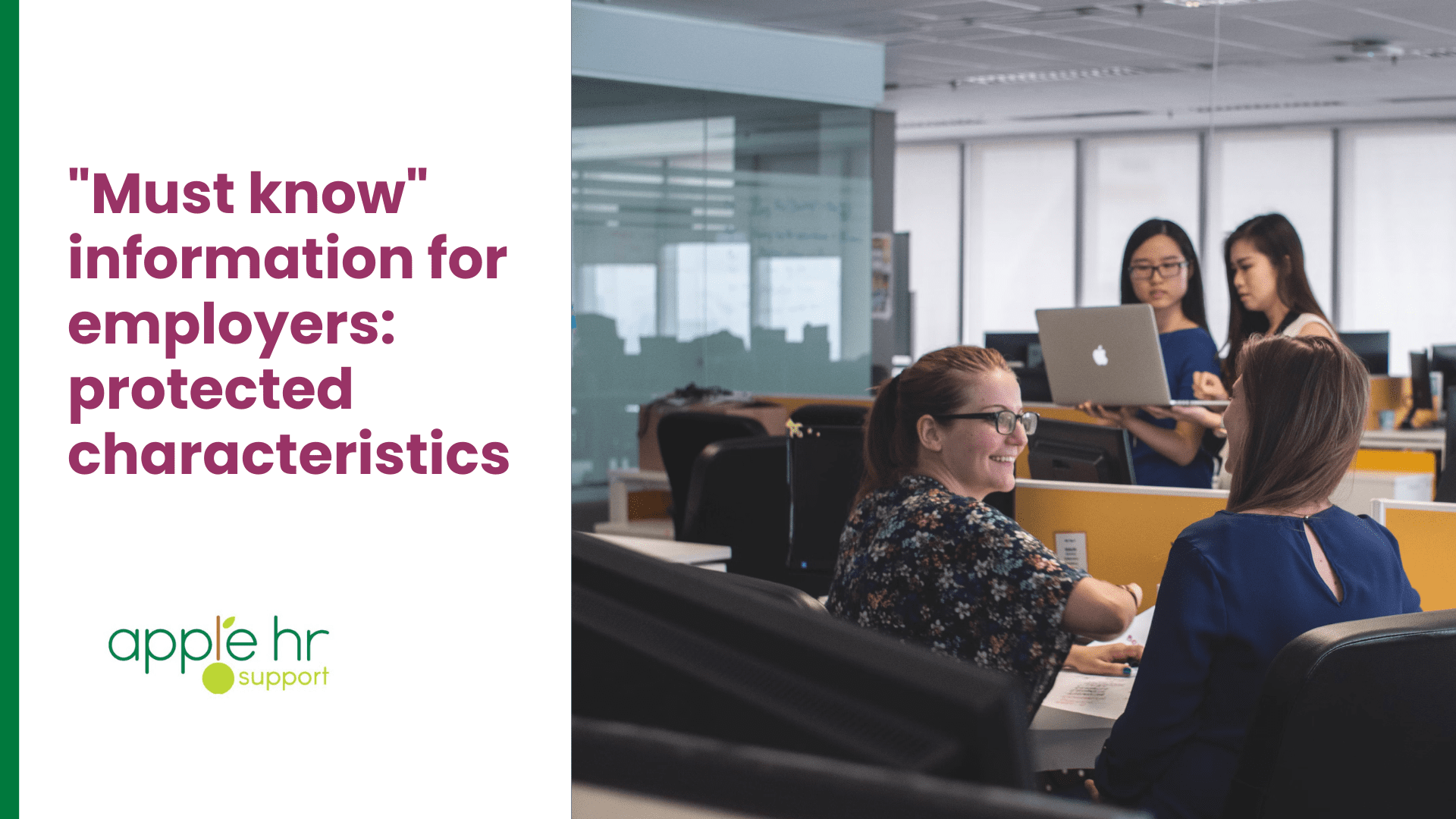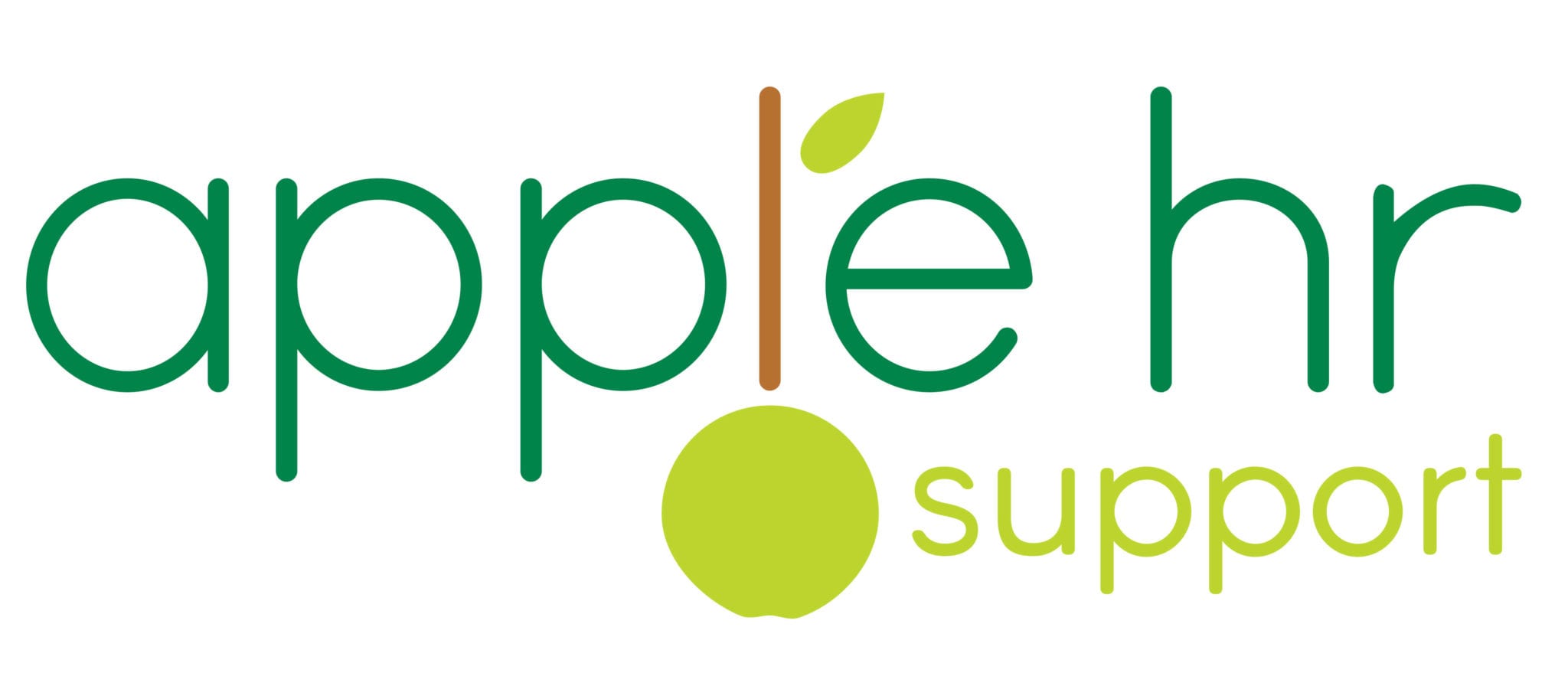
What are protected characteristics?
Under the Equality Act 2010, treating someone unfairly at work in the UK because of the following protected characteristics is unlawful…
• Age
• Disability
• Race
• Gender reassignment
• Marriage/civil partnership
• Religion or belief
• Pregnancy or maternity
• Sex
• Sexual orientation
What does unfair treatment look like?
• Both direct and indirect discrimination, such as treating an employee less favourably because they have one or more of these characteristics
• Putting someone at a disadvantage by treating everyone the same and not taking certain other factors into account
• And it also includes harassment and victimisation
Candidates are protected during the recruitment process too
While it may be obvious that the law applies to employees over things like pay and benefits, terms and conditions, training, promotion, performance management, redundancy and dismissal – what may not be so obvious is that it also protects employees before your business hires them.
This means that you must also be aware of the potential to discriminate during recruitment.
Recently, some businesses have faced legal action after offering a job to a candidate and then retracting the offer. In these cases, the candidates made claims for unfair dismissal and the businesses lost because of the reasons behind their decision to withdraw the offer.
You’re responsible for your employees too
Finally, in cases of harassment and victimisation, as an employer you are not only liable for your own conduct towards those with protected characteristics, but you can also be held liable for the actions of other employees.
On 26th October 2024, a new legal duty for employers was introduced to take “reasonable steps” to prevent sexual harassment in the workplace.
For instance, if someone in your business was accused of sexual harassment and you weren’t able to prove that you took reasonable steps to prevent it from happening, such as sexual harassment training, then you could be found liable too.
How do you stop discrimination from happening in your business?
• Create clear policies
• Provide discrimination training for employees
• Work with an expert HR consultant
We’re here to help
If you’re unsure about anything relating to discrimination, protected characteristics or anything else HR, call us.
